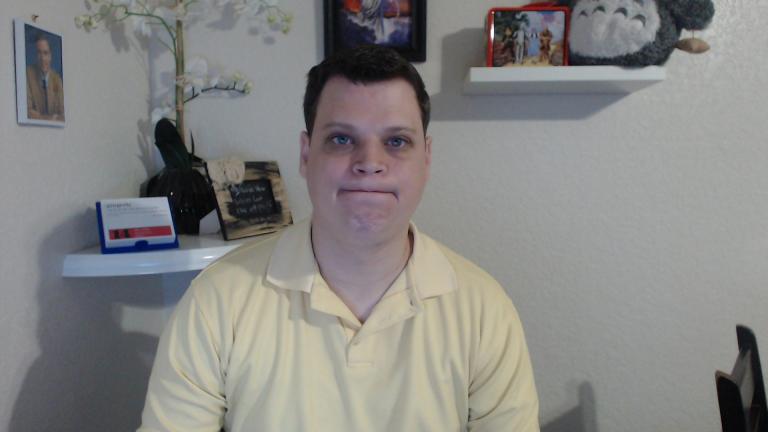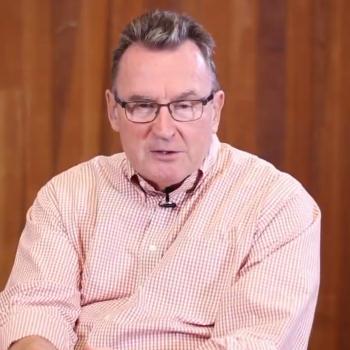
This week I was contacted by a reporter from the Daily Beast. She was interested in our efforts to change the name of an account posing as President Russell M. Nelson.
When the article was published, however, it painted a picture very different than what had occurred. The article reads as though it is about a man trying to “process the trauma” of his time in the Church, and the bullies trying to stop him.
The truth, of course, is nowhere close to this.
Many individuals use Twitter to complain about the church without being vile or offensive. But that’s not what I complained about.
Many individuals use Twitter to parody important figures. But again, that’s not what I complained about.
I complained about deception. The account not only looked exactly the same but used the exact same name so that casual viewers would be confused.
If the account’s purpose was not deception, making the simple changes I suggested would not have been a problem.
In addition, the article throws around the word “abuse” and “pedophile” often and uncritically. Those familiar with Latter-day Saint practice will be able to deduce that nothing occurred but a bishop asking him if he keeps the law of chastity, but the article does nothing to clarify that no abuse or pedophilia as the words are widely understood is being alleged.
I reached out to the reporter post-publication, to suggest minor changes to make the article more in line with actual events.
I asked her to:
- Remove the incorrect assertion that I had asked for the account to be banned.
- Add the Twitter rules that could have been easily followed
- Change an editorialization that there was a “slim chance” anyone would have been confused.
The first request was to fix an error that was both factually incorrect and crucial to the incorrect storyline. The entire thrust of the piece depends on the fact that I had wanted to ban his self-expression which simply was not true. But the reporter responded that because I had used the word “ban” in the title, it was fair game.
Remember, the title stated Twitter had not banned the account. Frankly, I chose that word in the title because it was much pithier than “Twitter fails to Enforce It’s Own Parody Rules in Regards to a Hyper-Sexualized Russell M. Nelson Imposter”
The title did not suggest that I wanted the account banned or speak to my own motivations at all. And in fact, the text of the article made it clear I wanted the name of the account changed only.
I made this same point when I spoke with the reporter over the phone saying, “Reading over his Tweets, it seems like he’s had a rough time in the Church. I feel for him. But he can do that while preventing confusion.”
The second and third changes would have made the article fairer, but aren’t things I could insist on. What frustrated me though, is that the reporter suggested that her wording of a “slim chance” was based on my own thoughts from the article that most people wouldn’t be confused.
There is a big difference between most people not being confused, and there being a slim chance of anyone being confused.
I was not concerned about the masses who know to look for the blue checkmark, but for those investigating the Church heading towards Twitter for the first time coming across one of the account’s close but not quite right tweets.
The chance for confusion isn’t slim, it’s incredibly likely someone will be confused.
But what happened? The reporter dismissed my concerns entirely. And the inaccurate article will help validate the persecution narrative of the man who runs the account.
It might be nice to think that this was a simple misunderstanding.
But this doesn’t appear to be the case. After my interview, I made the typical request to get a link to the published article. But the reporter said she probably wouldn’t write it. And when she evidently changed her mind, she never informed me, and never sent me the link to the article.
Perhaps she hoped I would never notice.
Why share this story? To make it clear that media bias against the church remains incredibly prevalent. The reporter I spoke to grew up in New Haven (home of Yale), went to school at Harvard, and works in New York City. She has always been surrounded by a culture where sneering disregard for Latter-day Saints is the default.
One of the purposes of this blog is to call out unfair treatment of the Church and its members in the media. This experience demonstrates our work is both necessary and far from finished.












